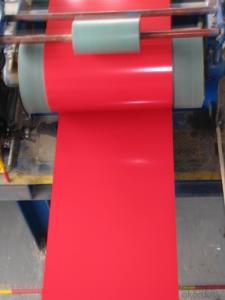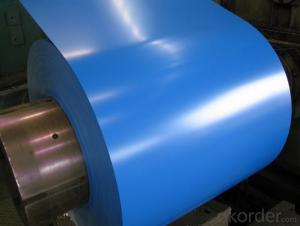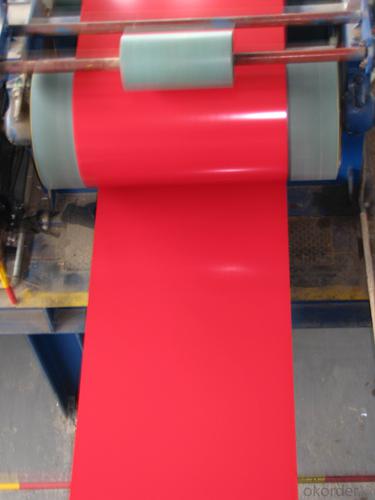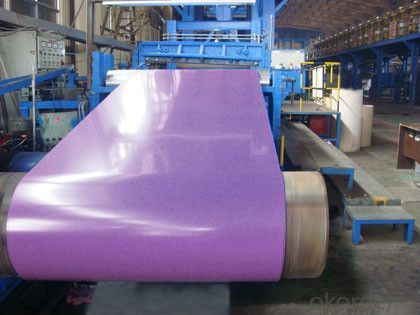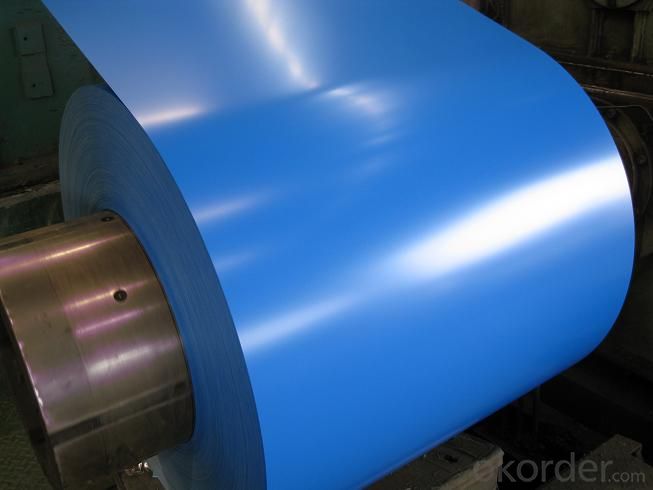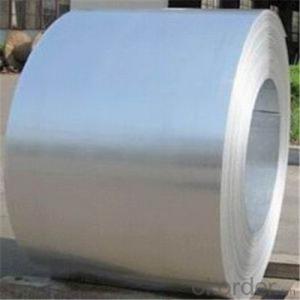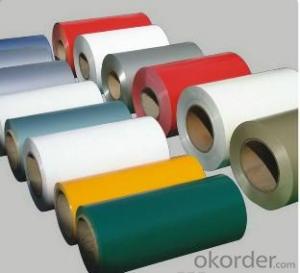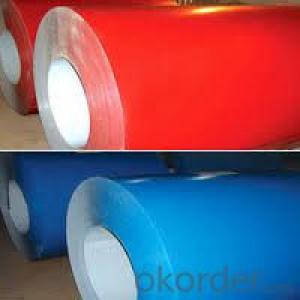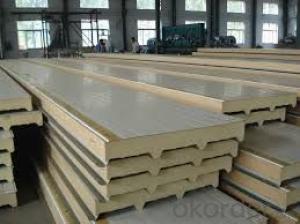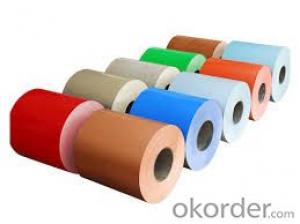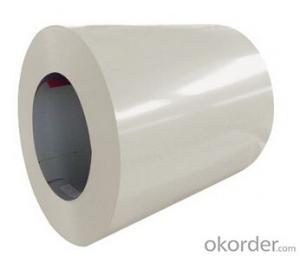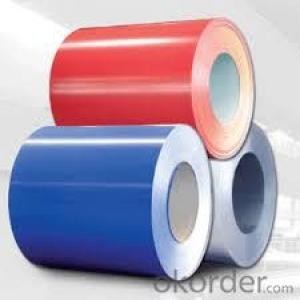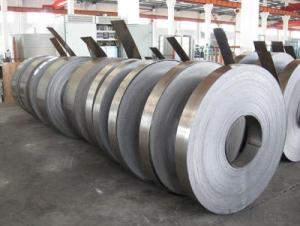PPGI Environmental Friendly Color Coated Steel Coil/Prepainted Color Coated Steel Coil/Cold Rolled
- Loading Port:
- Tianjin
- Payment Terms:
- TT OR LC
- Min Order Qty:
- 25 m.t.
- Supply Capability:
- 50000 m.t./month
OKorder Service Pledge
OKorder Financial Service
You Might Also Like
Specification
1.Application of Environmental Friendly PPGI:
Construction | Outside | Workshop, agricultural warehouse, roof panel, wall panel in steel structure in warehouse,corrugated roof, roller shutter door, rainwater drainage pipe, retailer booth |
| Inside | factories exhibition hall,doorcase, light steel roof structure, folding screen, elevator, stairway | |
Electrical appliance | Refrigerator, washer, switch cabinet, instrument cabinet, air conditioning, micro-wave oven, bread maker | |
Furniture | Central heating slice, lampshade, chifforobe, desk, bed, locker, bookshelf | |
Carrying trade | Exterior decoration of auto and train, clapboard, container, isolation lairage, isolation board | |
Others | Writing panel, garbage can, billboard, timekeeper, typewriter, instrument panel, weight sensor, photographic equipment | |
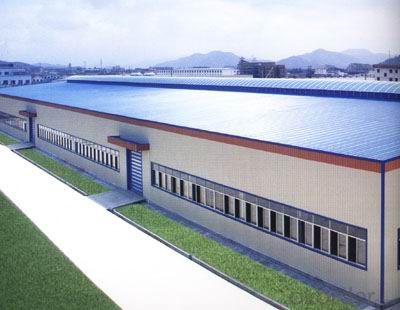
2.Features of Environmental Friendly PPGI:
With excellent cold-rolling steel strips as a base material, it has the advantages of
* Good manufacturing performance
* High impact resistance
* Uniform plating thickness
* High adhesive force
* No peeling after forming
* High corrosion resistance
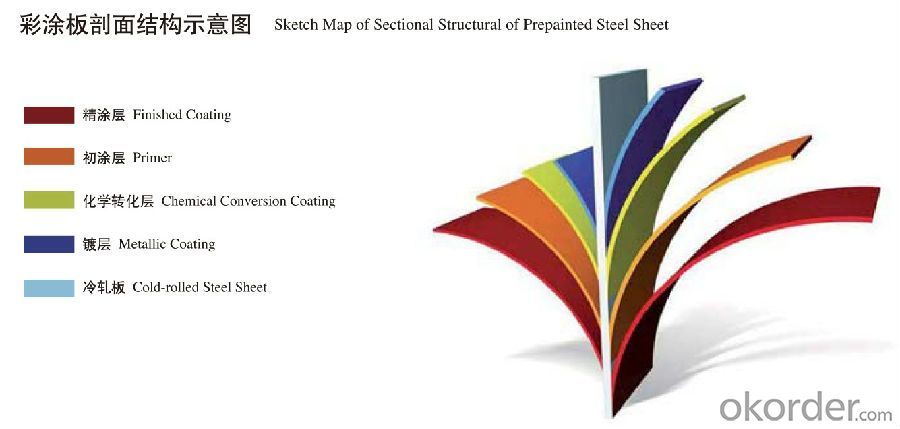
3.Details of Environmental Friendly PPGI:
Base Material | Al-Zn Galvanized Steel Coil.SGLCC |
Top Side | 15-25 microns |
Back Side | 5-8 microns |
Width | 700-1250mm |
Thickness | 0.3-1.0mm ,thickness tolerance: +/- 0.02mm |
Al-Zn Coating | 30-150g/sq.m |
Spangle | Regular/Zero/Big |
Color | All RAL Color,or be customized |
Coil ID | 508mm&610mm |
4.Environmental Friendly PPGI Image:
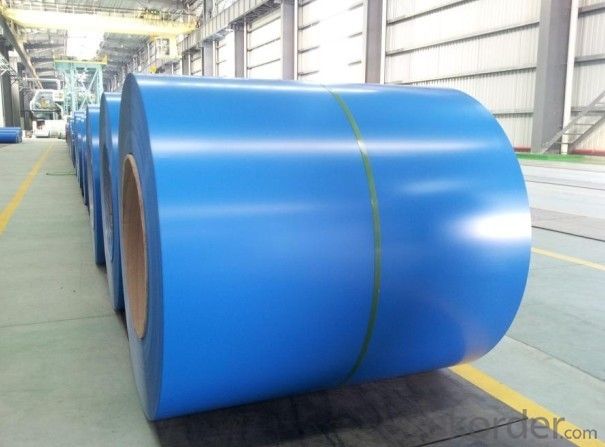
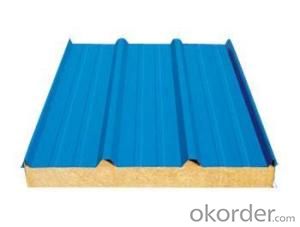
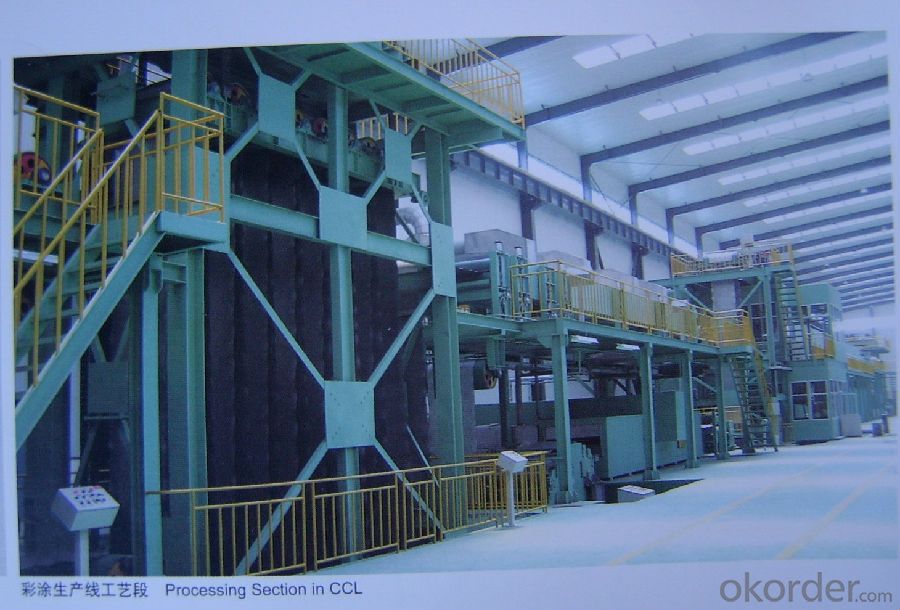
5.FAQ
We have organized several common questions for our clients,may help you sincerely:
①How about your Warranty?
Warranty: 1-Year for the whole light. Warranty is based on correct storage, installation, using and maintenanc
②How to guarantee the quality of the products?
We have established the international advanced quality management system,every link from raw material to final product we have strict quality test;We resolutely put an end to unqualified products flowing into the market. At the same time, we will provide necessary follow-up service assurance.
③How long can we receive the product after purchase?
In the purchase of product within three working days, We will arrange the factory delivery as soon as possible. The pecific time of receiving is related to the state and position of customers.Commonly 7 to 10 working days can be served.
- Q: I noticed a friend's appliances are not magnetic, and mine are. Both are stainless steel. Are there two types of stainless steel or something? Thanks
- Some stainless steel are magnetic and some aren't. The real high grade stainless steels aren't magnetic.Stainless is just regular steel with varying degrees of nickel and chromium alloys mixed in the batch. The more nickel and chromium the less likely to be magnetic. A lot of stainless exhaust pipes and barbecue grills claim to be stainless, and yet they still rust and tend to be magnetic. They must use the bare minimum of nickel and chromium in the melted batch just to claim the title of stainless steel. Nickel and chromium are quite expensive and they are what gives the steel the anti-corrosion and extreme hardness characteristics along with loss of magnetism of the steel. If you have stainless steel that is magnetic , it is a good sign it is stainless steel that barely meets the criteria of true stainless steel.
- Q: What are the different types of steel coatings used on coils?
- There are several types of steel coatings used on coils, including galvanized coatings, zinc-nickel coatings, aluminum-zinc coatings, and organic coatings.
- Q: I am currently writing a manuscript, and would like to know whether guns made out of steel, burn or melt when exposed to flames. Thanks.
- Yes they melt and rather easily. Guns are made by melting steel and many police departments destroy confiscated guns by melting them.
- Q: How are steel coils used in the manufacturing of elevator components?
- Steel coils are used in the manufacturing of elevator components as they provide the necessary strength and durability required for various parts such as brackets, frames, and shafts. The coils are shaped, cut, and welded to create the desired elevator components, ensuring a sturdy and reliable structure that can withstand heavy loads and constant usage.
- Q: If you were selecting a tool steel for an extreme impact load application, which one would you pick? why?thanks
- It all depends what the application actually is. For hammers I would select a hammer grade B1 steel. For impact loading where an edge is needed I would be going for O1 or similar (oil quenching steels tend to be a little tougher than air hardening). For mining tools a very high manganese steel (Hadfields steel) - this is not a true tool steel. The best place to start is by looking at the ranking of the properties which you want - hardness v toughness v strength - and then use this to put the steels in rank order. Price and availablity then sort the problem out for you (in the real world).
- Q: What processes and materials are used in the production of chrome steel
- well, save up some more $$. I wouldnt feel safe on a $120 mountain bike. My advice would be to invest in something that's a little more money. Also, why do you want a steel frame? Aluminum frames today are made from 7005 alloy, and stack up very well compared to the durability of steel. Plus, they wiegh alot less. Nowadays, youll only find steel on a cheap walmart bike, ir a top notch downhill bike made for extream offf road conditions.
- Q: And by how much? I'm pretty sure that sterling silver is stronger, but I'm wondering if I could still use a metal stamp to stamp into something that's stainless steel - if it would be soft enough?
- Advantages of sterling silver: * This metal is quite easy for jewelry-makers to work with; therefore, it is simpler for them to create more intricate types of pieces with sterling silver. * The tarnish that can develop on sterling silver is well-liked by some people. Disadvantages of sterling silver: * The aforementioned tarnish is not so well-liked by other people; some people dislike how sterling silver looks as it ages. * Because this material is so soft, it is susceptible to dings, dents, and scratches. Advantages of stainless steel: * Stainless steel pieces will not oxidize or tarnish at all. * Many people find it to be shinier than sterling silver because it offers great light reflection when it is polished to look like chrome. * Stainless steel can also be brushed to look like pewter, too. * Stainless steel is extremely durable and will resist dents, scratches, and chips better than most any other jewelry material. * The cost of stainless steel is quite affordable - much more so than jewelry pieces made from other materials. Disadvantages of stainless steel: * People may know that you have not spent a lot of money on a piece of jewelry (this may or may not be an issue for some jewelry wearers).
- Q: Can steel coils be coated with polymer?
- Yes, steel coils can be coated with polymer.
- Q: What are the dimensions of steel coils used in the oil and gas industry?
- The dimensions of steel coils used in the oil and gas industry vary depending on the specific application and requirements. However, common dimensions for steel coils in this industry typically range from 0.5mm to 3mm in thickness and 600mm to 2000mm in width. The length of the coils can vary, but they are often around 2000mm to 6000mm.
- Q: What is the maximum weight capacity for a steel coil lifting device?
- The maximum weight capacity for a steel coil lifting device can vary depending on the specific design and model. However, these lifting devices are typically designed to handle heavy loads and can have weight capacities ranging from a few tons to over 100 tons. It is important to consult the manufacturer's specifications or guidelines to determine the exact maximum weight capacity for a particular steel coil lifting device.
Send your message to us
PPGI Environmental Friendly Color Coated Steel Coil/Prepainted Color Coated Steel Coil/Cold Rolled
- Loading Port:
- Tianjin
- Payment Terms:
- TT OR LC
- Min Order Qty:
- 25 m.t.
- Supply Capability:
- 50000 m.t./month
OKorder Service Pledge
OKorder Financial Service
Similar products
Hot products
Hot Searches
Related keywords
